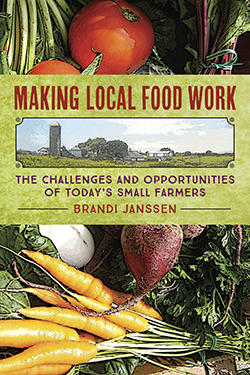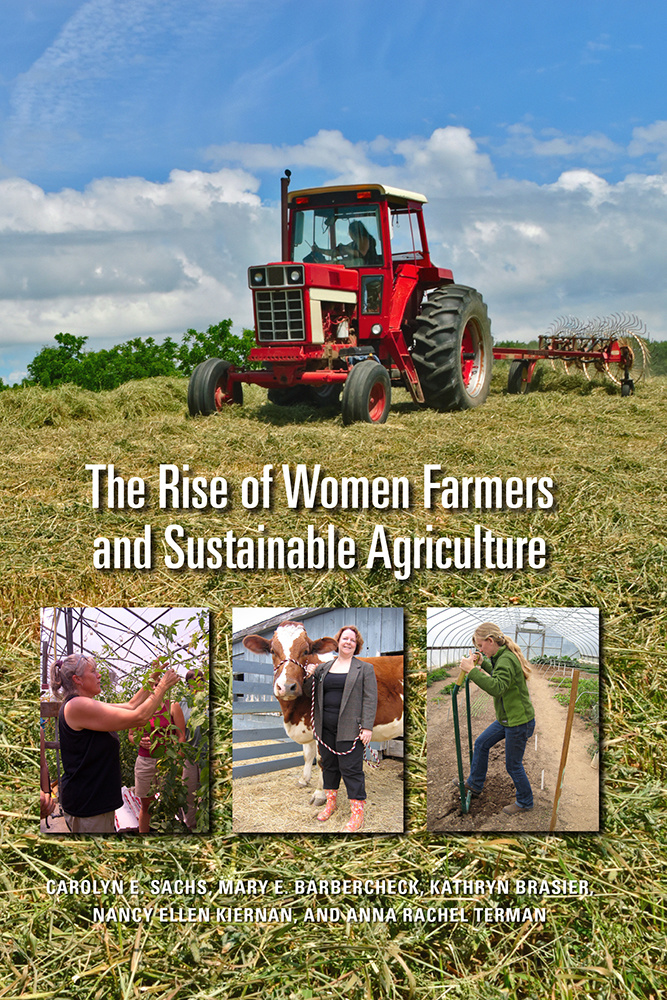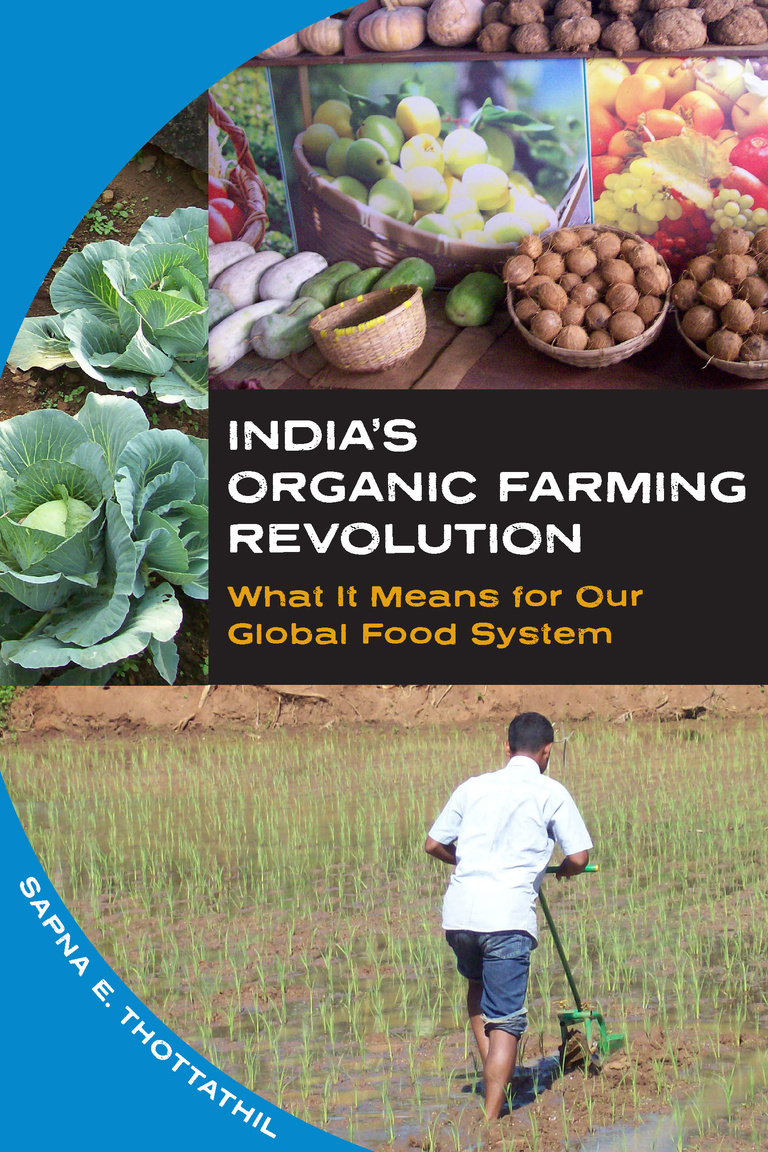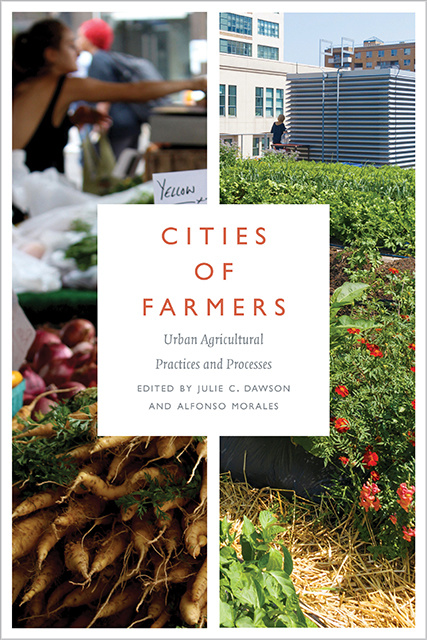When it comes to local food, it takes more than “knowing your farmer.” Brandi Janssen takes on some of the myths about how the local food system works and what it needs to thrive. Advocates claim that small biodiverse farms will fundamentally change farming, rural communities, and the American diet. For many, simply by knowing our farmers we become champions of a new way of eating that revolutionizes our economy and society. But that argument ignores the fact that if local food is to succeed, it requires many of the trappings of conventional food production, including processors, middle men, inspectors, and regulators.
By listening to and working alongside people trying to build a local food system in Iowa, Janssen uncovers the complex realities of making it work. Although the state is better known for its vast fields of conventionally grown corn and soybeans, it has long boasted a robust network of small, diverse farms, community supported agriculture enterprises, and farmers’ markets. As she picks tomatoes, processes wheatgrass, and joins a parents’ committee trying to buy local lettuce for a school lunch, Janssen asks how Iowa’s small farmers and CSA owners deal with farmers’ market regulations, neighbors who spray pesticides on crops or lawns, and sanitary regulations on meat processing and milk production. How can they meet the needs of large buyers like school districts? Who does the hard work of planting, weeding, harvesting, and processing? Is local food production benefitting rural communities as much as advocates claim?
In answering these questions, Janssen displays the pragmatism and level-headedness one would expect of the heartland, much like the farmers and processors profiled here. It’s doable, she states, but we’re going to have to do more than shop at our local farmers’ market to make it happen. This book is an ideal introduction to what local food means today and what it might be tomorrow.
“Brandi Janssen does a marvelous job of describing a wide variety of interesting and innovative approaches being used by a new generation of producers in the now fastest-growing segment of the whole food industry: local food. Janssen’s presentation of the many faces of local food will serve to help the uninitiated who read Making Local Food Work to build more sustainable and reliable sources of food.”—Journal of Agriculture, Food Systems, and Community Development
“In the age of the locavore, Janssen's text examines the movement from the perspective of the farmer, combining research with incisive, yet practical, analysis. Much of the content is based on the author's direct research with farms and farmers. This includes conversations, many of which appear in the book verbatim, and periods of time that the author spends absorbing the local farm experience. However, this is, in its own right, an academically researched work, relying as much on statistics and facts as on the experiences of the farmers with whom Janssen interacted in the course of its creation. The combination is particularly powerful in conjunction with the author's highly readable style. No farmer with locavore aspirations can afford to miss this stimulating piece of work.”—Foreword Reviews
“Through her account of small-scale farming ‘in a large farm state,’ Janssen takes us beyond the binaries to see how local food and industrial agriculture intersect in surprising ways. Writing with empathy, clarity, and a healthy dose of realism, Janssen shows us that there’s a whole lot in between the farmer and the consumer in local food.”—Julie Guthman, author, Agrarian Dreams: The Paradox of Organic Farming in California
“Janssen has a great gift for making complex issues understandable to a wide range of readers. Making Local Food Work provides the reader with very understandable stories that reveal the actual experiences of farmers and all the parties they work with and relate to without oversimplifying the issues.”—Frederick Kirschenmann, farmer and president of the board of the Stone Barns Center for Food and Agriculture
“Making Local Food Work really focuses on a missing piece in much of the local foods literature: the pieces along the value chain between the farmer and the consumer. Janssen also recognizes that conventional and local food systems share a lot in common.”—Craig Chase, Leopold Center for Sustainable Agriculture



